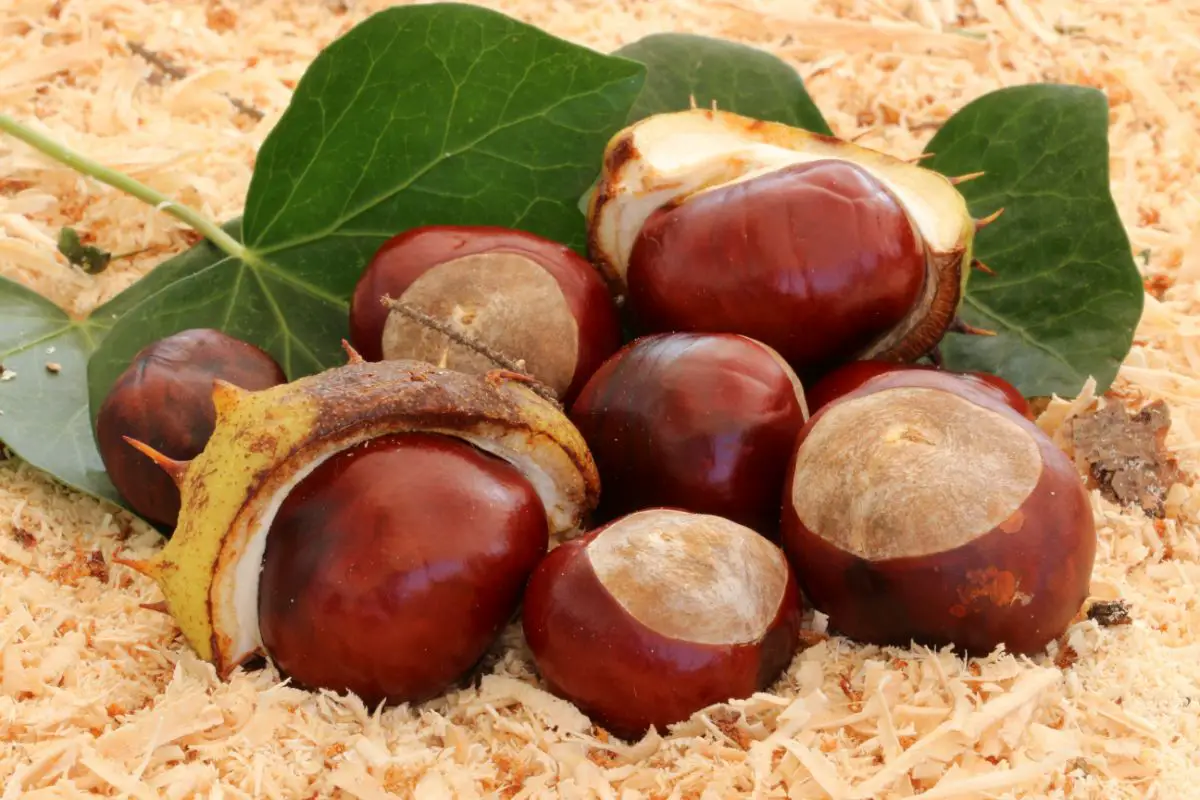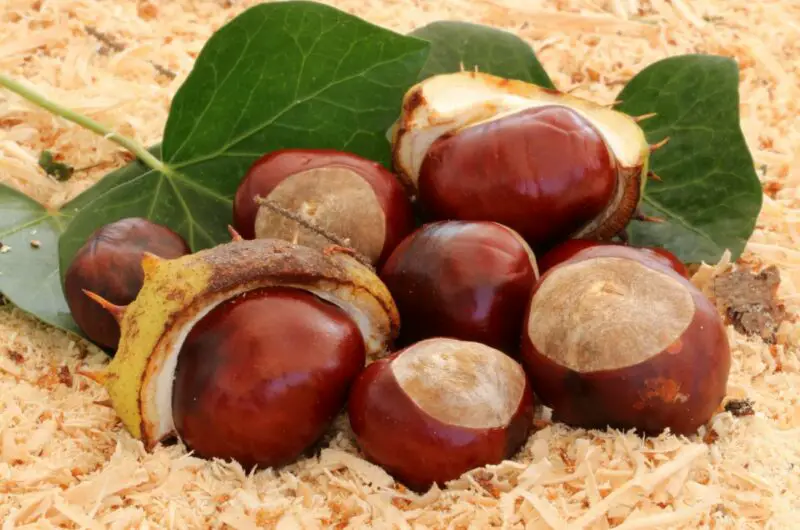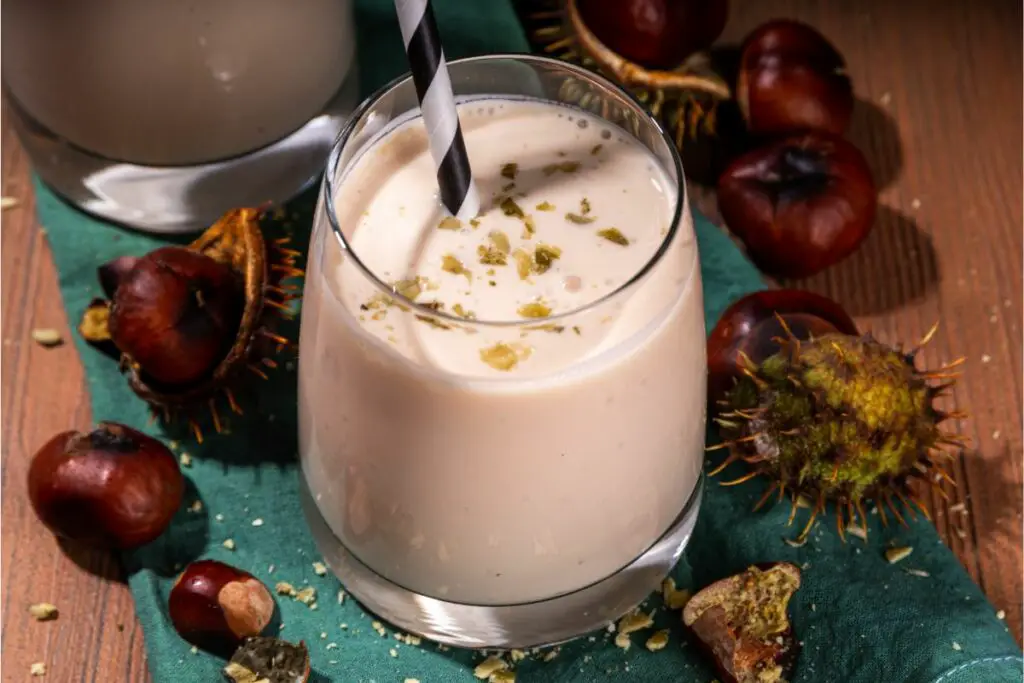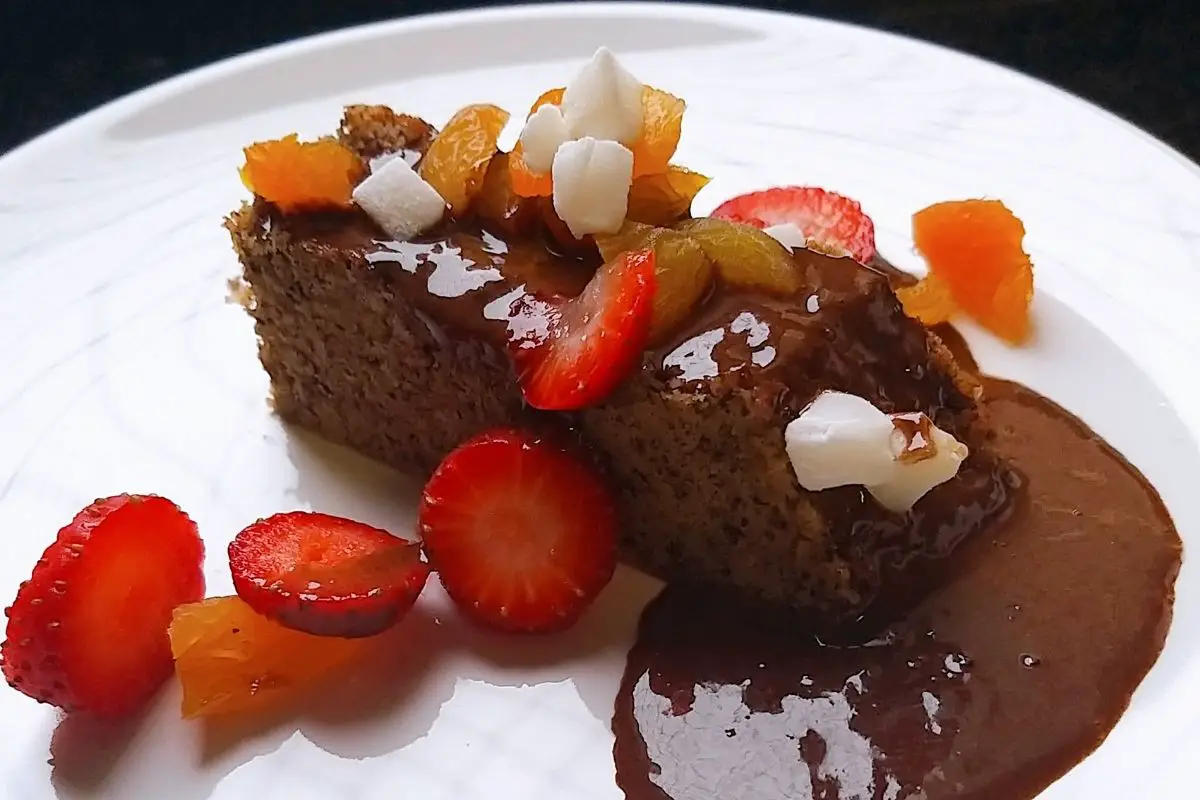Don’t you just hate it when you’re in the middle of a recipe, and you realize that you’re missing at least one key ingredient? It’s one of the most frustrating things when it comes to home cooking, and it can put an amazing meal or recipe idea on ice.
Chestnuts are an item that falls into a group of foods that are both a light snack and a very helpful cooking ingredient when a dish calls for it. So, if you find that you have none of these nuts in your pantry, it can be doubly infuriating!
So, what do you do from here? Not only will it take time and energy to go to the nearest store, but they may not even have any there in the first place, wasting even more time.
Or, what if a recipe calls for this nutty ingredient, but you are allergic to this ingredient?
Well, if this sounds like a situation that you’ve been in recently, you’re not alone. So, before you pick up the phone and order a take-out, try using one of these substitutes in your cooking instead!

What Are Chestnuts?
So, what exactly are chestnuts in the first place? What makes them such a popular food and ingredient in so many recipes in the first place?
Those might sound like ridiculous questions at first, but if you’re looking for a good substitute, you need to know what makes the thing that you’re substituting such as good food or ingredient!
Well, they are exactly what they sound like: The nuts of a chestnut tree! There are a ton of chestnut tree varieties out there, with many producing nuts with slightly varying qualities.
However, by and large, the results are usually the same: A nut that, when properly prepared, such as by being roasted, or boiled, has a distinct, chewy texture to it that is accompanied by a surprisingly subtle sweet flavor.
This texture makes them a very popular ingredient to use as a meat substitute in many recipes, such as in chestnut lasagnas, as a chestnut stuffing or pudding, or simply eaten cooked. Heck, they can even be turned into a purée, thanks to their softer texture.
And that’s not even touching on their vitamin and antioxidant-rich contents!
However, chestnut trees are somewhat rare in many parts of the world, both due to the conditions that they need to grow, and because many chestnut trees have been affected by the chestnut blight fungal infection in the last 100 years.
As a result, chestnuts are either hard to find or very expensive for their weight and size. Meaning that, if you want any of their qualities in your food or cooking, you’ll need to use one of the following alternatives.
1. Hazelnuts
If we’re discussing sweet nuts that you can use as a substitute for chestnuts, hazelnuts are going to be one of the first options that you should consider.
Hazelnuts, which are also tree nuts, similar to chestnuts, are famous for their earthy, nutty flavor. However, like chestnuts, it is not an overpowering flavor, which is often why you’ll find hazelnut flavors being used in desserts and confectionaries, such as chocolate or ice cream.
Their nutty flavor makes them a prime candidate for stuffing in recipes the same way you would chestnuts, and in many other recipes.
Plus, hazelnuts are generally an easier nut to source and buy near you, making it more readily available when it comes to alternatives.
They even have many of the same health benefits and vitamins that chestnuts have, making them a perfect substitute for cooking needs.
The only thing that we would note about hazelnuts is that they have a crunchy texture, meaning that they’ll both feel different if you try to eat them on their own, or will not produce a good purée.
If you’re looking for a substitute for these reasons, you’ll need to look elsewhere.
2. Macadamia Nuts
Speaking of looking elsewhere for alternatives, macadamia nuts are a popular type of nut that is grown around New South Wales and is one of the most popularly grown nuts in the country.
Macadamia nuts and chestnuts share many similarities in common. Not only do they have a rounded shape and a somewhat chewy texture, but they also share an earthy, perhaps even meaty quality to them.
This makes them a perfect substitute to use in savory recipes that would usually call for a chestnut.
However, macadamia nuts tend to be a very rare nut when it comes to cultivation, making up only 1% of nuts grown worldwide.
It might be easier to get a hold of chestnuts than macadamia nuts! Still, you might be in a lucky spot where you have access to one or the other.
It’s also worth noting that macadamia nuts have a significantly higher amount of saturated fat too, so they’re also a lot less healthy than chestnuts!
3. Pecans
If you’re going for a nut that is more suited to the sweeter recipes that chestnuts are used in, pecans are some of the best substitutes that you can opt for.
Given that they are closely related to chestnuts, it shouldn’t be too much of a surprise that pecans make for a good chestnut substitute.
They have a rich flavor that makes them perfect in virtually every kind of recipe, savory, sweet, or otherwise. They can be the perfect complement to a sweet glaze on a pastry or an effective stuffing not for a savory meat dish.
Furthermore, they also share many of the same antioxidants as chestnuts, so they’re similarly healthy too.
If you can’t find any other alternatives out there, you can do much worse than pecans as a chestnut substitute!
4. Tiger Nuts
Tiger nuts might seem like a slightly oddball choice for a substitute, but you’ll be surprised just how well this nut works as a substitute!
Its meaty texture and flavor make it a very effective stuffing nut for savory dishes, although it doesn’t have the same versatility as sweeter recipes.
Their flavor is also noticeably stronger, so you’ll want to use only half a cup of tiger nuts for every cup you would normally use chestnuts for.
5. Jackfruit Seeds
Despite what their name suggests, Jackfruit seeds are a surprisingly good substitute for chestnuts.
Distantly related to figs and mango, these dried products have a sweet flavor like their relatives. However here, it is much more muted, making it an appropriate ingredient to use in savory dishes.
Add to that its meaty and chewy texture, and you have a surprisingly effective substitute for chestnuts on your hands!
Final Notes
So, from Hazelnut the Jackfruit seeds. If you need a chestnut substitute in your life, whether you’re eating it straight, roasted, or in a recipe, we have you covered here!
5 Chestnut Substitutes You Can Use
Course: Substitutes4
servings30
minutes40
minutes300
kcalChestnuts are a rare nut, so you may find that you’re running short when they’re called for in a dish. These 5 substitutes will work you nicely in their place.
Ingredients
Hazelnuts
Macadamia Nuts
Pecans
Tiger Nuts
Jackfruit Seeds
Directions
- Decide on what substitute you need
- Pick a substitute from the list above
- Read what you need to substitute with
- Create the recipe and enjoy
Recipe Video
https://www.youtube.com/watch?v=K_-qvijzW2AVideo can’t be loaded because JavaScript is disabled: 9 Best Water Chestnut Substitutes [Easy Ingredient Alternatives] (https://www.youtube.com/watch?v=K_-qvijzW2A)- Author
- ss="abh_posts">Recent Posts
- What Exactly Do Chickpeas Taste Like? Is There A Distinct Flavor? - September 30, 2023
- Top 11 Low Carb Options at Sonic Drive-In for Keto Diet - September 30, 2023
- What Should You Serve Alongside Potato Salad? 8 Incredible Side Dishes - September 30, 2023











